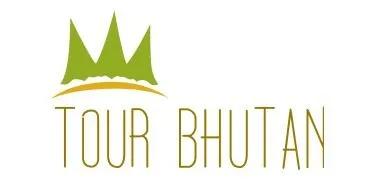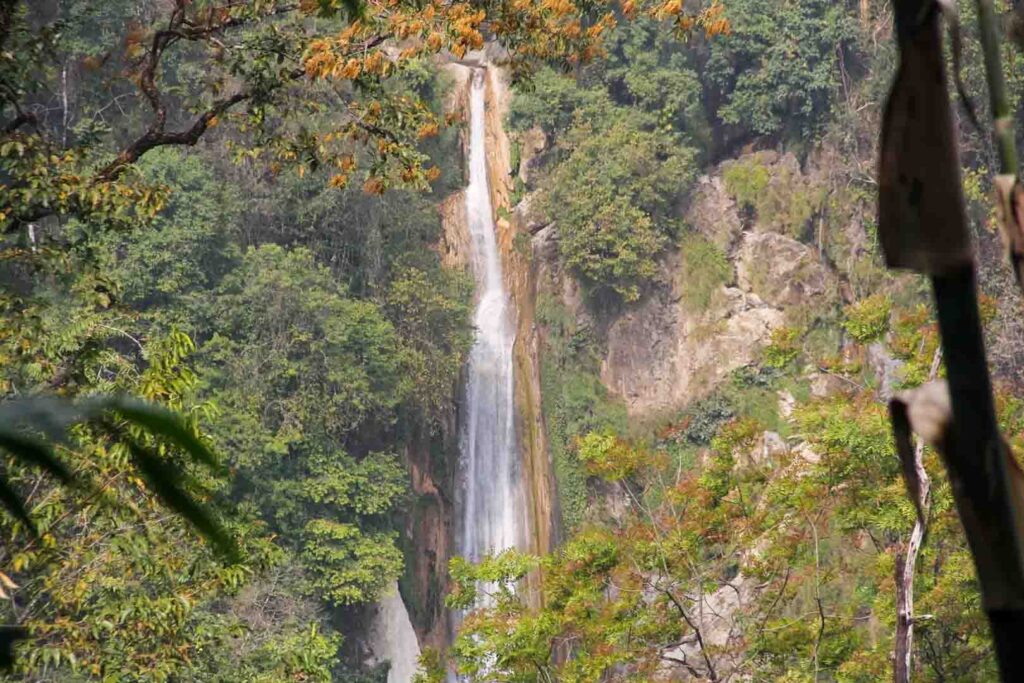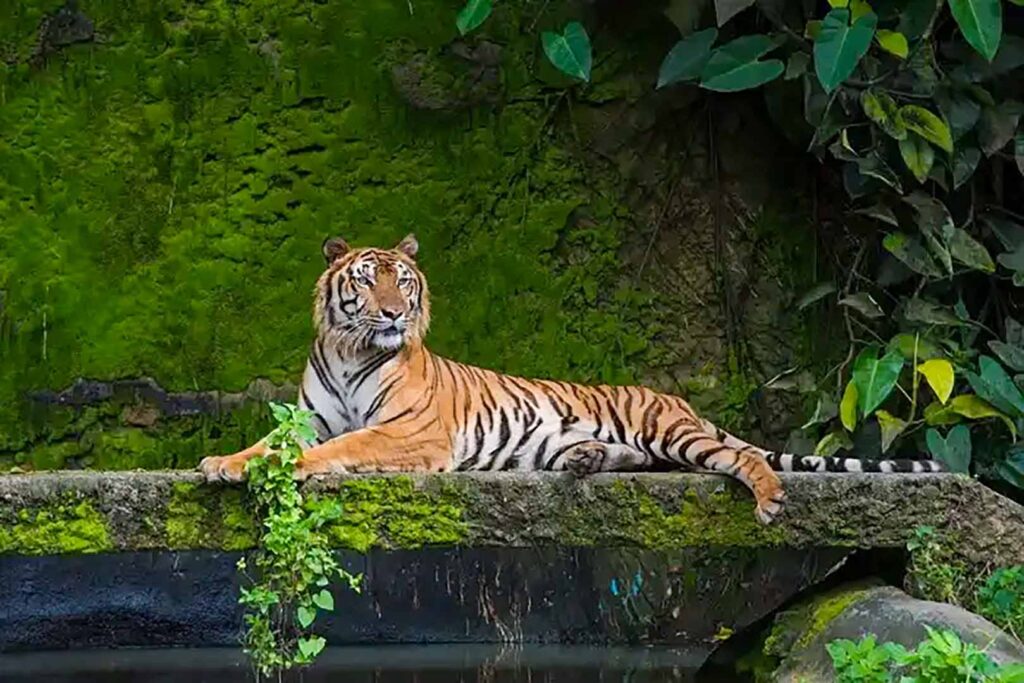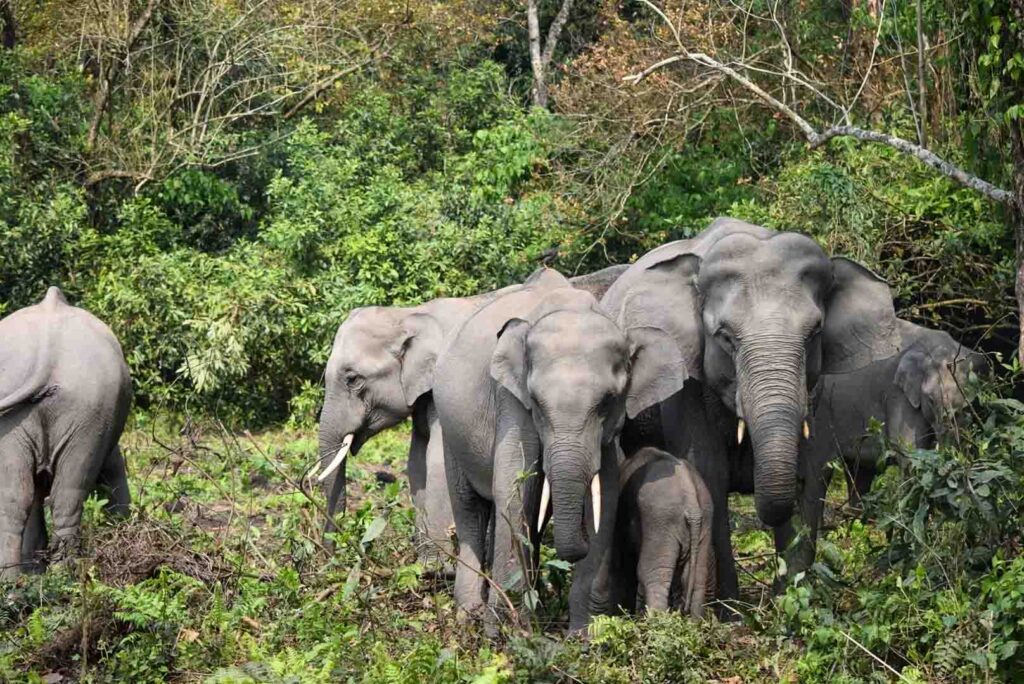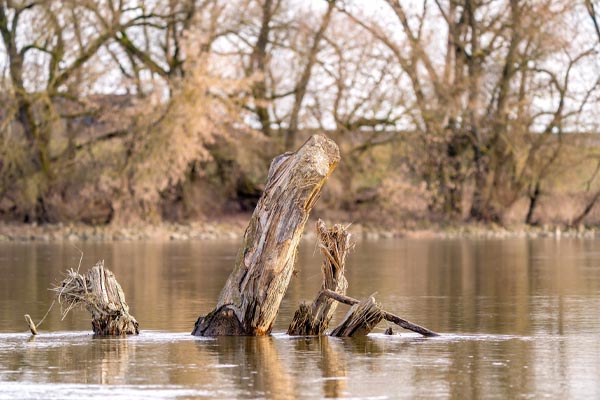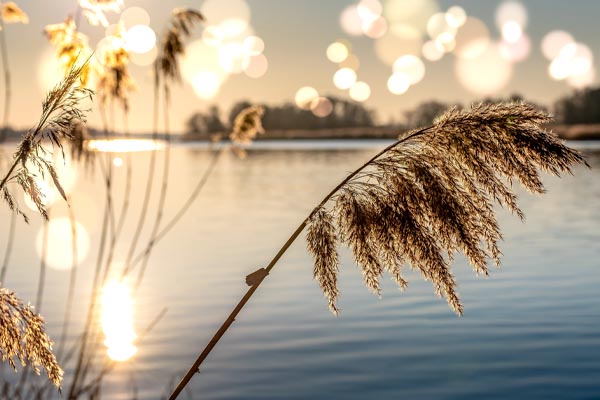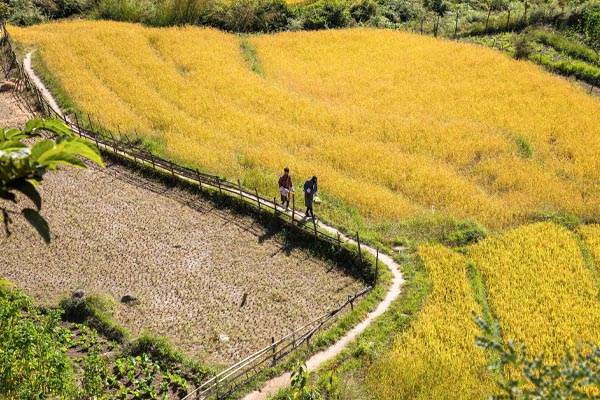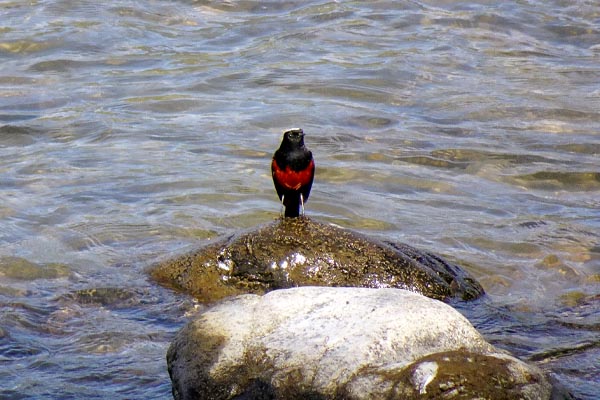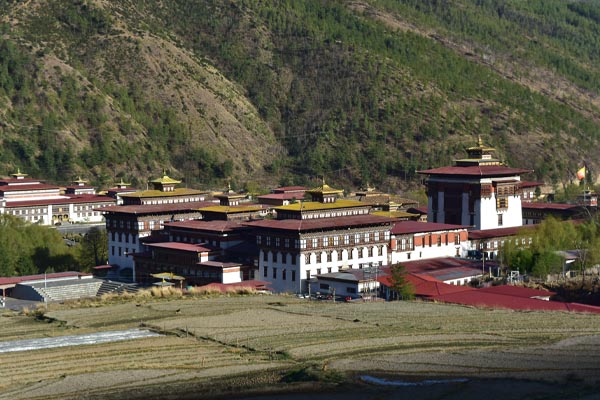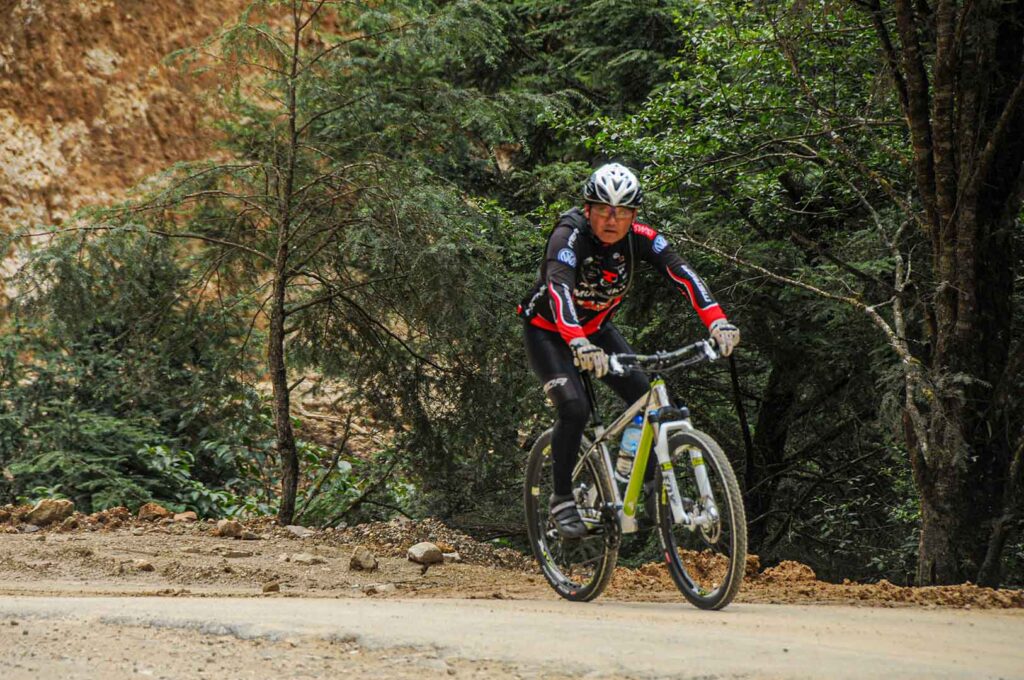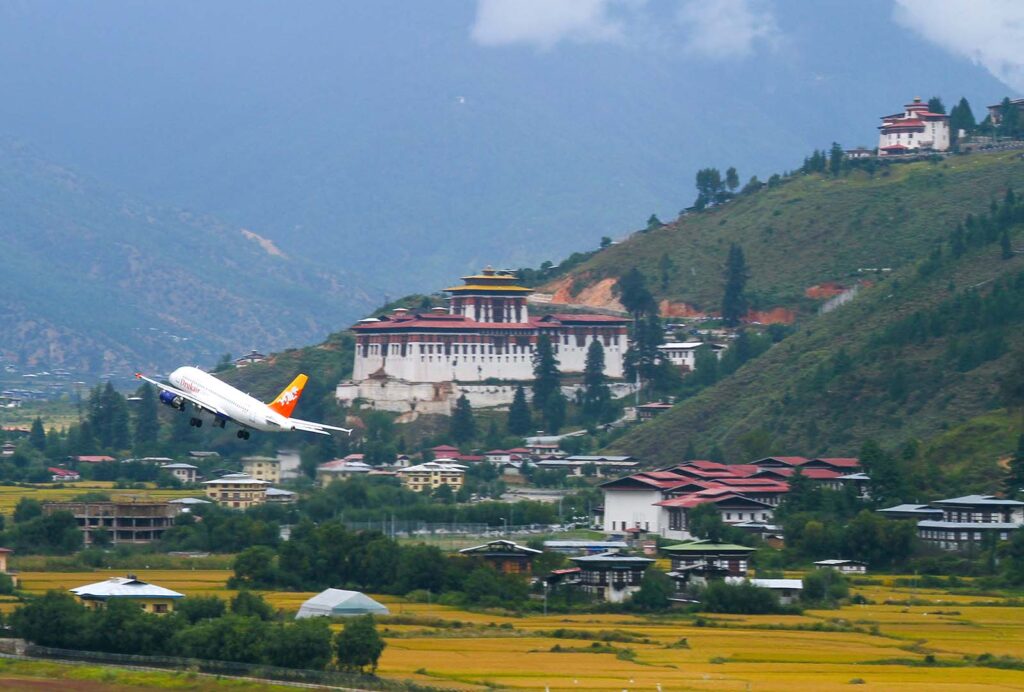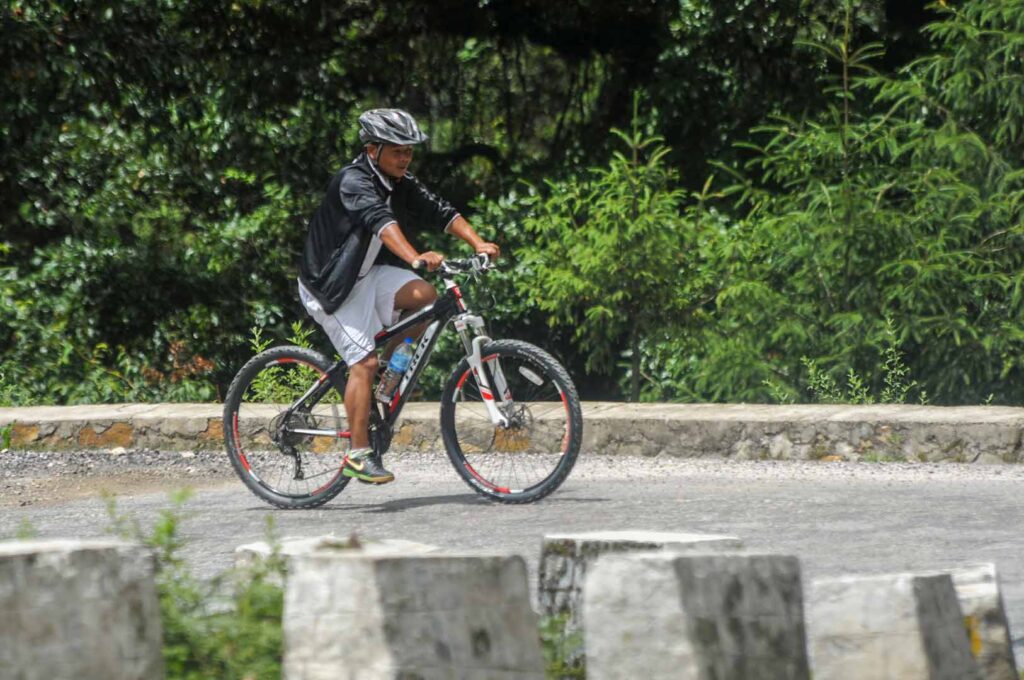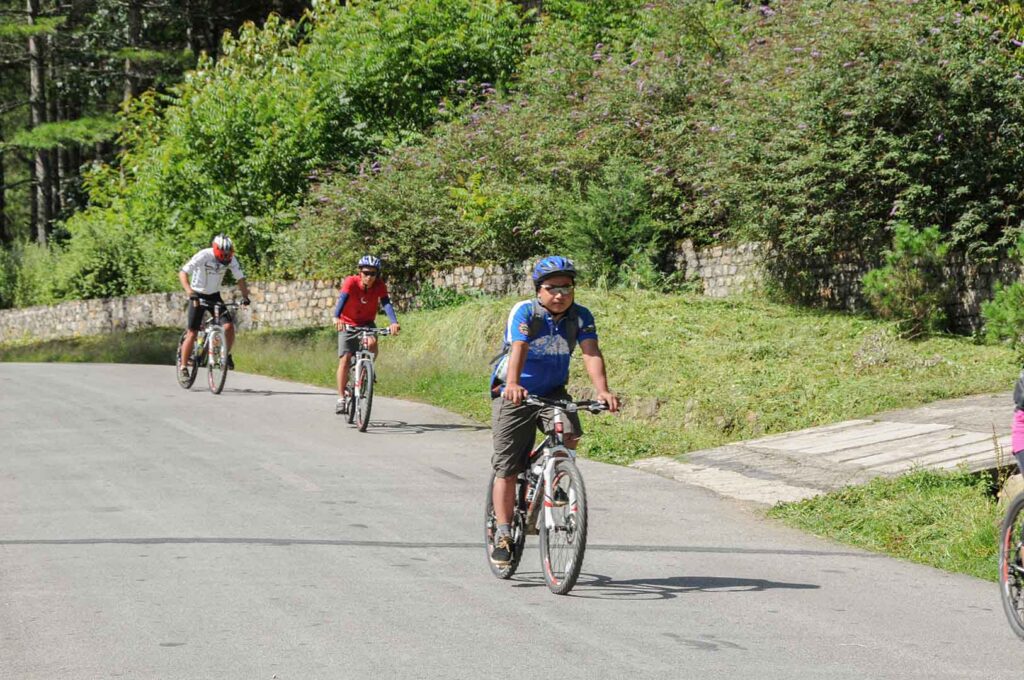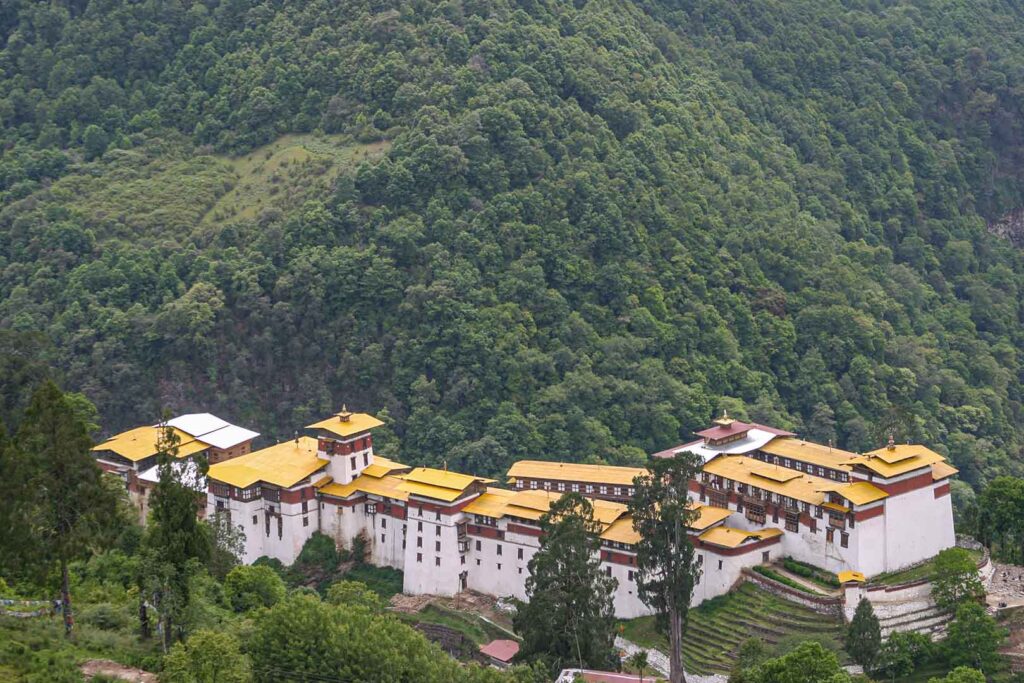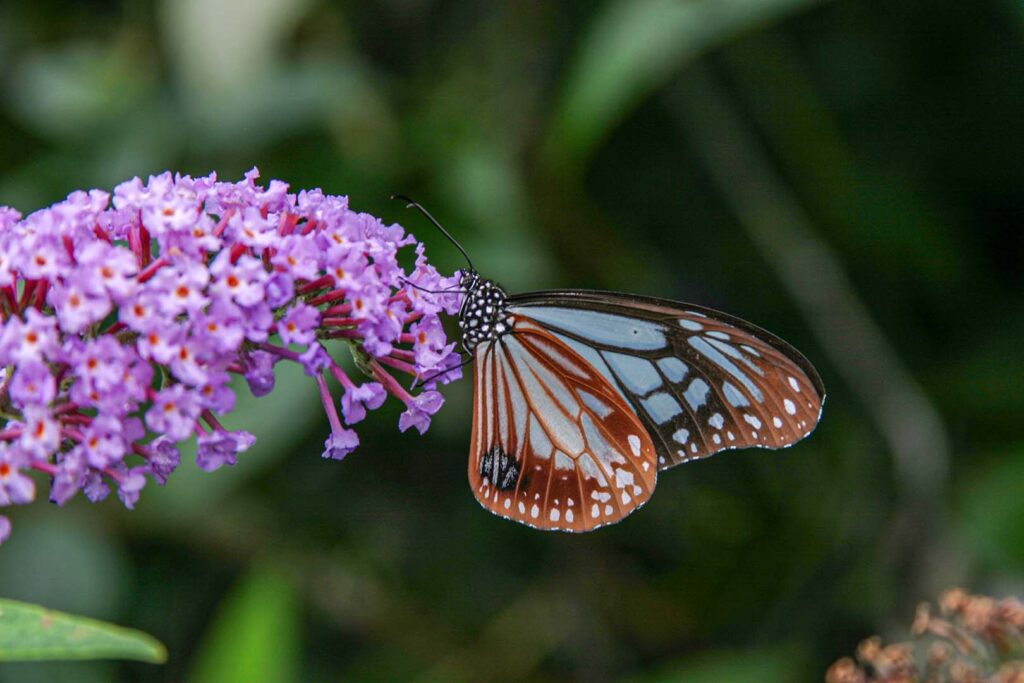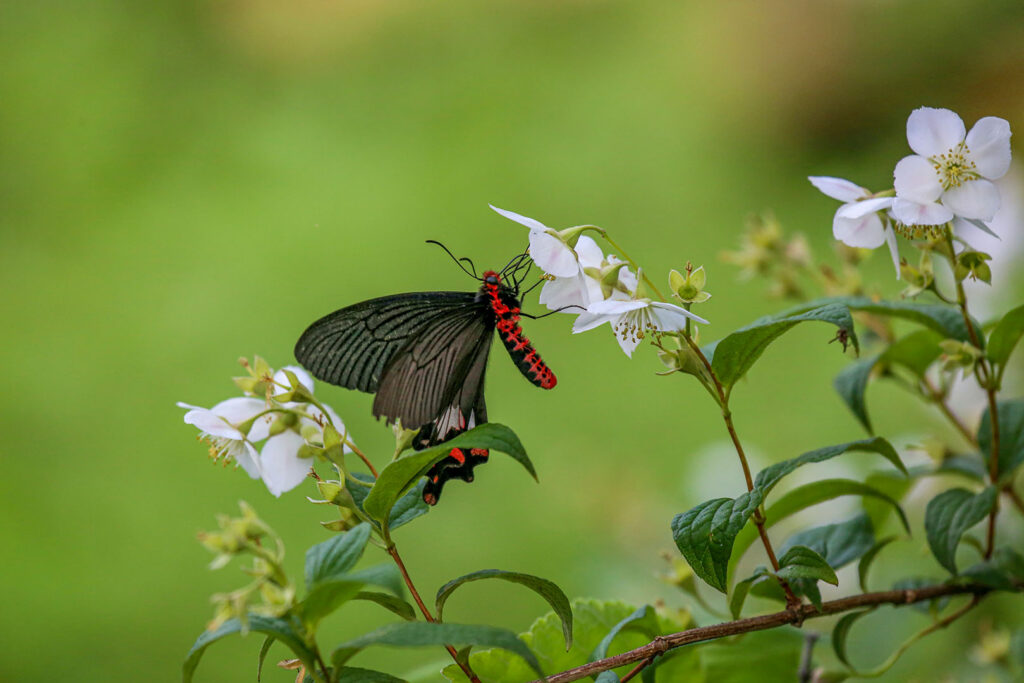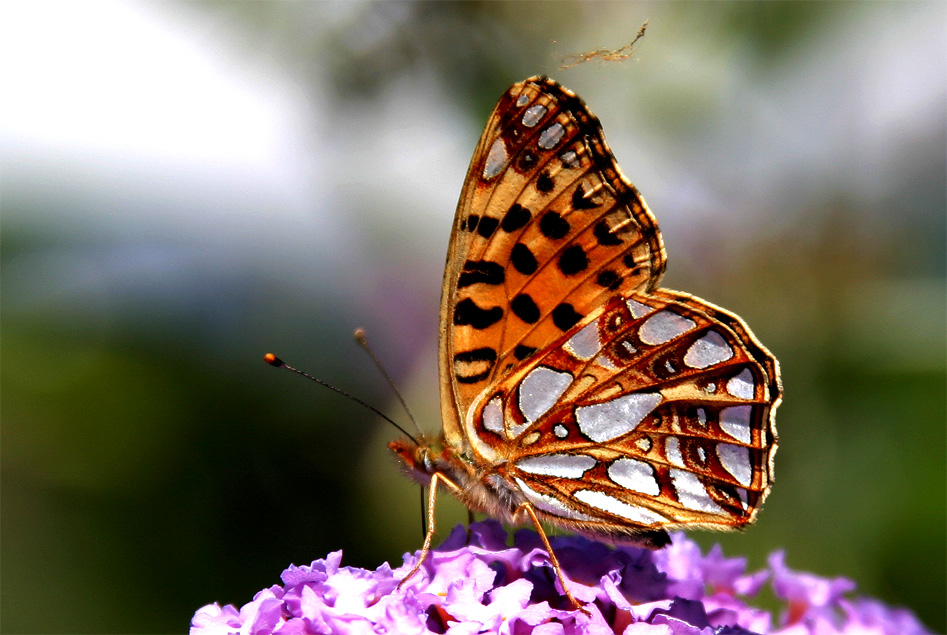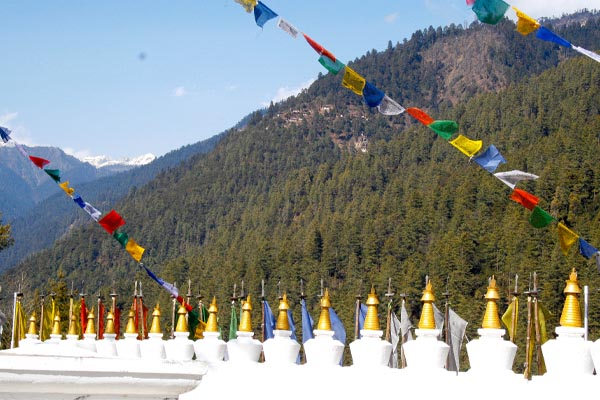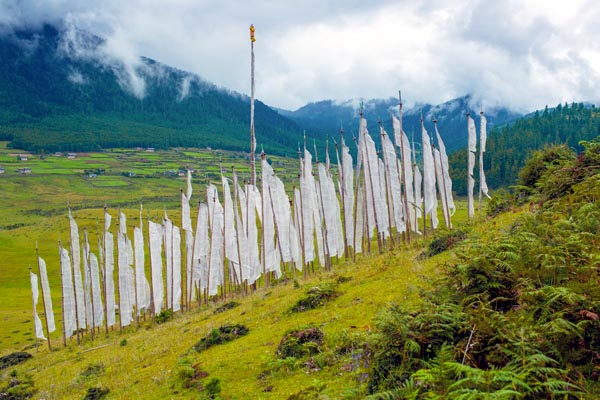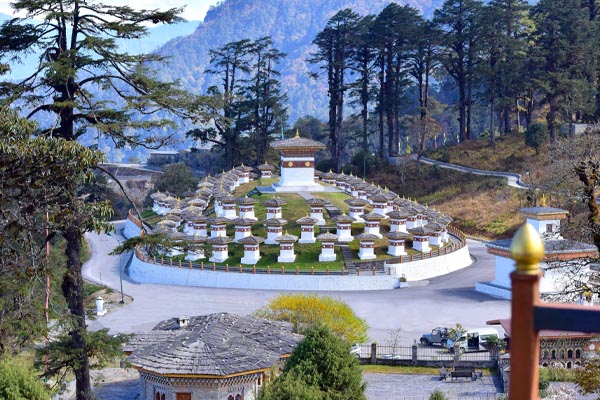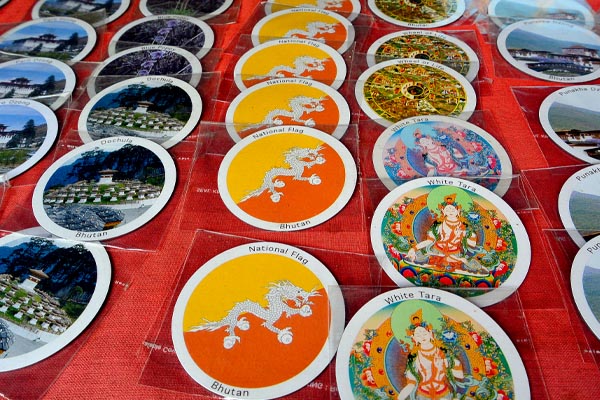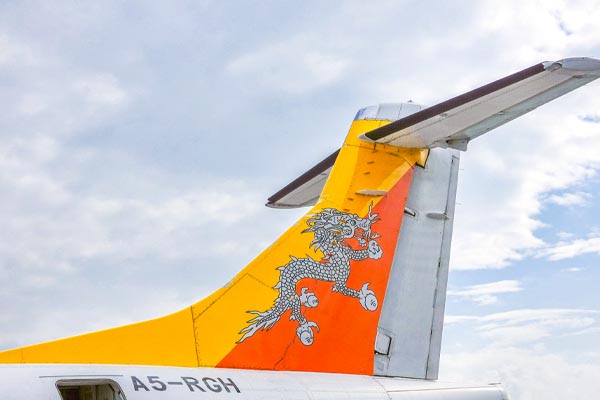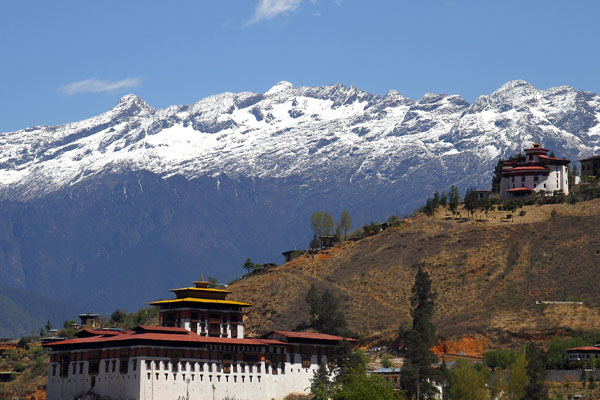Royal Wild National Park Manas tour is one of the unique and rarely visited places in Bhutan. Manas National Park is the name Park located in Sothern Bhutan. Wild river rafting Kayaking and an Elephant ride is the highlight of this visit. The area falls on the protected park of Bhutan.
Bhutan’s Crown Jewel, the Manas National Park represents the largest example of tropical and sub-tropical ecosystems in Bhutan. The public can now access this park, which offers thousands of animal and plant species, many of them globally endangered. It is not only the most diverse protected area in the Kingdom but also noted as one of the world’s biologically outstanding parks.
Location of the Wild Manas Park in Bhutan
Lying in south-central Bhutan, Manas is connected at the southern border with India’s Manas Tiger Reserve, a World Heritage Site. To the north, it borders the Jigme Singye Wangchuck National Park. Royal Manas was designated a wildlife sanctuary in 1966 making it Bhutan’s oldest protected area. The area was upgraded to a National Park in 1993. There are wide climate variations in Royal Manas. The May-September monsoons bring up to 5,000mm of rain. Rainfall is negligible in winter and the climate is extremely pleasant from November to March.
Flora and Fauna found in Manas Wildlife Sanctuary
Manas is also extremely rich in wildlife species, including the highly endangered Royal Bengal tiger, Asian elephant, greater one-horned rhinoceros, clouded leopard, Himalayan black bear, Gangetic dolphin and pangolin. Found virtually nowhere else in the world is the especially rare golden langur, a primate of extraordinary grace and beauty with its long, silky blond fur. Researchers have officially recorded more than 365 species of birds in Royal Manas National Park, and they believe an additional 200 species are in residence. Species found here include the globally threatened rufous-necked hornbill, Pallas fishing eagle, great white-bellied heron, spotted wren-babbler, blue-headed rock thrush, and emerald cuckoo. Many of the park’s more than 900 types of plants have commercial, medicinal, traditional, and religious significance.
Best months to travel to book this trip:
November-December-January-February-March-April-May is the best time to Book this Wild Manas Tour in Bhutan. Most of the destinations do not have good hotels, therefore we might have to compromise with standard hotels and luxury camping.
What to bring for the Wild Manas tour?
- Hiking boots (should be water-repellent)
- Sandals or trainers for use in camp.
- Broad-brimmed hat or baseball cap for the sun during the day with a bandana for shading the neck
- Woollen hat or balaclava for evenings
- Polarising sunglasses – best to have the ones with side covers.
- Mosquitoes repellent cream.
Wild Manas Tour Cost:
- Solo Traveller Cost USD
- 2 Pax Group Cost USD
- 3 to 4 Pax Group Cost USD
Similar Tours and Sightseeing Places
Wild Manas Tour Itinerary
Arrive at Paro Airport and drive to Thimphu. Visit Textile museam and Trashichhodzong. Thimphu is the most crowded city in the Country and the most advanced.
Drive to Punakha and on the way visit Dochula Pass. Punakha is warmer than Thimphu and is one of the fertile valley of Bhutan. Punakha produces Bhutan famous red rice and fruits in the Country.
Punakha to Gaylephu is a long drive. The road leads by the riverside and is a wonderful drive. We shall spend some time in Tsiarng which is a vegetable-producing district in Bhutan and the Birding hub of the Country. Lunch will be served in Tsirang. Further, drive through Sunkosh river and after reaching Gaylegphu rest at Hotel.
Visit the villages in Panbang and around the places. Get yourself engazed with locals. Bhutanese are very polite and loving people. Over night at Camp.
Do the Elephant safari. Manas is also extremely rich in wildlife species, including the highly endangered Royal Bengal tiger, Asian elephant, greater one-horned rhinoceros, clouded leopard, Himalayan black bear, gangetic dolphin and pangolin. Found virtually nowhere else in the world is the especially rare golden langur, a primate of extraordinary grace and beauty with its long, silky blond fur.
Manas river has some of the most adventurous river rafting sights in the Country. The river rafting experience around Manas National Park is conducted on the River Beki that is a thrilling and beautiful rafting experience the River Beki flows downstream from across the mountains of Bhutan and visitors get the opportunity to enjoy a 2 and half hour downstream river rafting experience starting from Mathanaguri to Bansbari. There is another track on this river rafting experience at Manas National Park and this journey starts at Mathanaguri which is located at the north end of Manas National Park this will end at Bansbari and the distance spreading is across 35km.
Visit the Trongsa Dzong and museam. Trongsa is the most important district in Bhutan because our Crown prince shoudl be the Governor of Trongsa before becoming the King.
Drive to Thimphu. Visit Largest standing Budha, Zorig Chusum(13th arts and Crafts School), and in the afternoon visit centenary farmers market. Evening at Hotel.
After breakfast, visit the National Memorial Chorten (1974) built in honor of our late King Jigme Dorji Wangchuk and the Dupthop Lhakhang one of the few surviving nunneries in Bhutan. We then visit the National Library, stocked with ancient Buddhist manuscripts, and the Painting School where traditional art is still kept alive through instructions in the art of painting Thangkas (sacred Buddhist religious scrolls). After lunch, we drive to the Traditional Medicine Institute where medicines are prepared according to ancient practices, and to Lungtenzampa to observe the Royal silver smiths and Bhutanese paper factory at work. Other highlights include a visit to the Tashichho Dzong, the seat of the national government, and the Central Monastic Body, including the summer residence of the Je Khenpo (Chief Abbot of Bhutan). We finally visit the Handicrafts Emporium followed by shopping for souvenirs in the shops of Thimphu. Over night in Hotel.
Wild Manas Tours in Bhutan ends here today. Drive to Paro International airport and see off.
